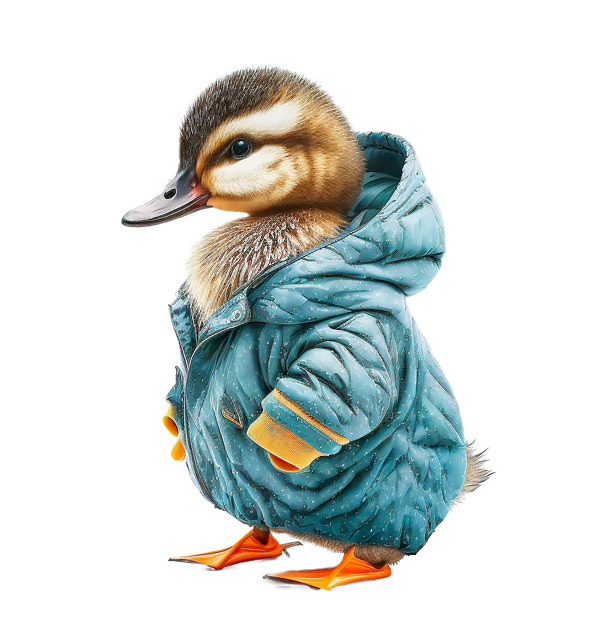In Disney’s 1953 “Peter Pan,” Wendy laments her last night in the nursery with her younger brothers, John and Michael. From then on, she can no longer read fairytales to them, or daydream about pirates and fairies living in the fictional world of Neverland. It is the start of an adventure, that of a young girl on the cusp of childhood and adolescence. To better understand these two different life phases, the following are their respective meanings:
Childhood is a time of learning and wonder, filled with play and exploration.
Adulthood is a period of independence, responsibility, and building your own life.
The question remains, which point in time do we say we’re an adult?
Do we grow up, or do we transcend when we age and remain childlike? Is adulthood a “perceived” stage of every person’s life? Is adulthood a myth?
These questions seem to follow me at the same time the movie approaches its inevitable end. In the last scene, we hear Wendy’s father saying something dear about his childhood. He dreamed of flying ships at night and ruthless pirate captains who hunt for treasures in faraway lands. It’s the most important scene in the movie, because it tells that our parents and our grandparents all share the same realization. We are never adults. There are things when turning eighteen seem too juvenile for us to go back to. There are interests and hobbies we chose to neglect, because we thought they were no longer usable in this new stage of life where we are required to adapt to wherever place we land, and trust me, it’s no longer Neverland.
If I drone on about the realistic implications of this cynical truth, it will get nowhere, and it is definitely not nonsense. It describes every feeling and experience we all have to go through to be initiated in this second or third phase or the next. There’s something to be said about leaving someone else’s home to find greener pastures, and choosing to live in a place closer to where we work and work and later settle down. Is this life the way we see it in retrospect? Is growing up a rudimentary manual everyone seems to unconsciously follow through?
“Growing up is not the problem, forgetting is.”
In his classic tale, “The Little Prince,” Antoiné de Saint-Exupery reveals the truth no longer different than a magician telling his secrets on his famous card trick. We do grown-up things, but there’s still a sliver of childish wonder in all of us. When we paint, dance, sing, and practice any form of art, it seems we are kids again. We continually experience the past in the present. Those days when playing under the harsh afternoon sun are nothing but memories of leisure and endless fun. We are thrown back into a time when enjoying the stickiness of mud in our faces or bathing buck-naked in the river are things that give us joy and immense pleasure.
There is no such as thing as a mature adult. We will always be children—in heart, mind, and in soul. Every birthday means 365 days of learning how to be a child again.

Leave a comment